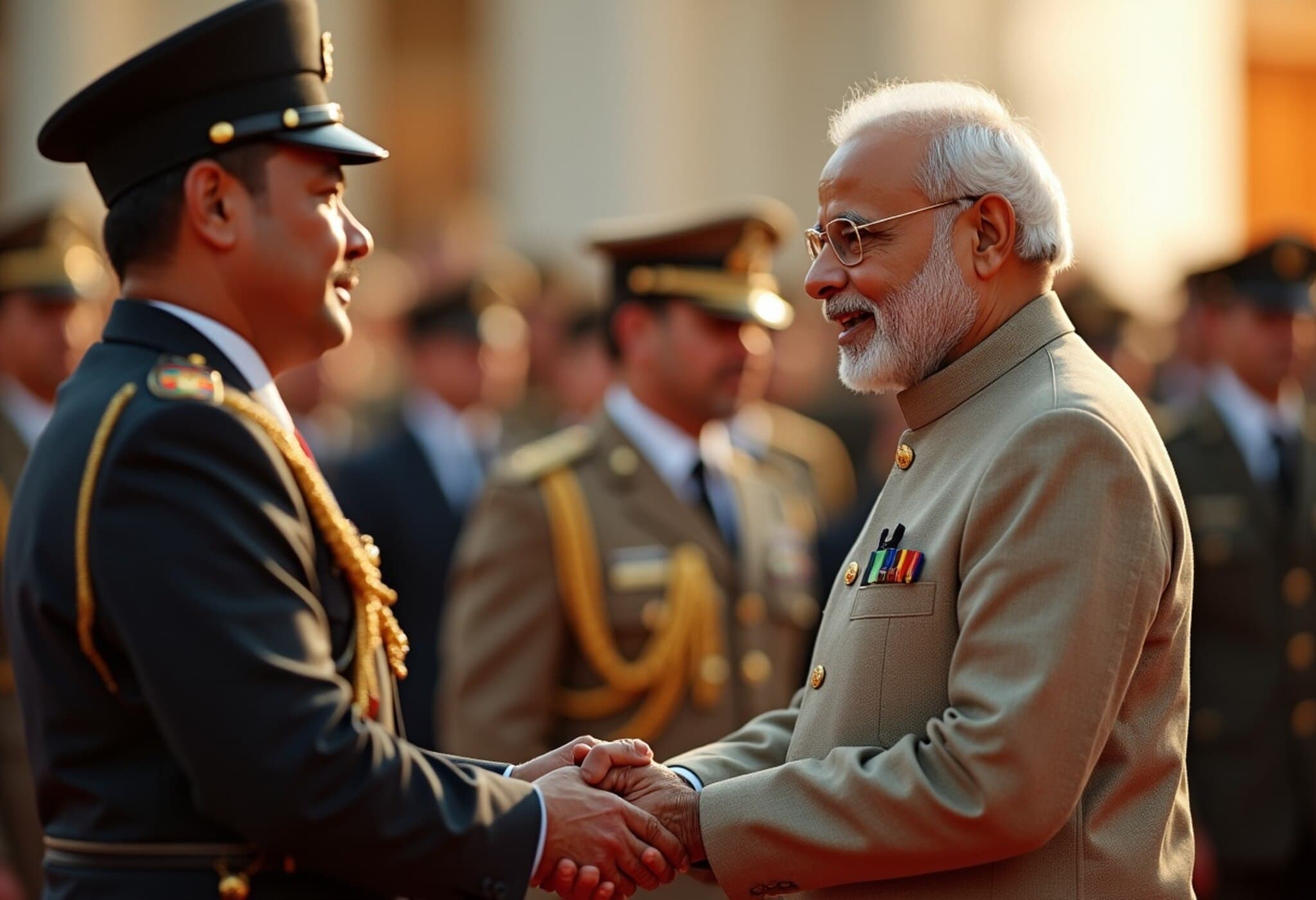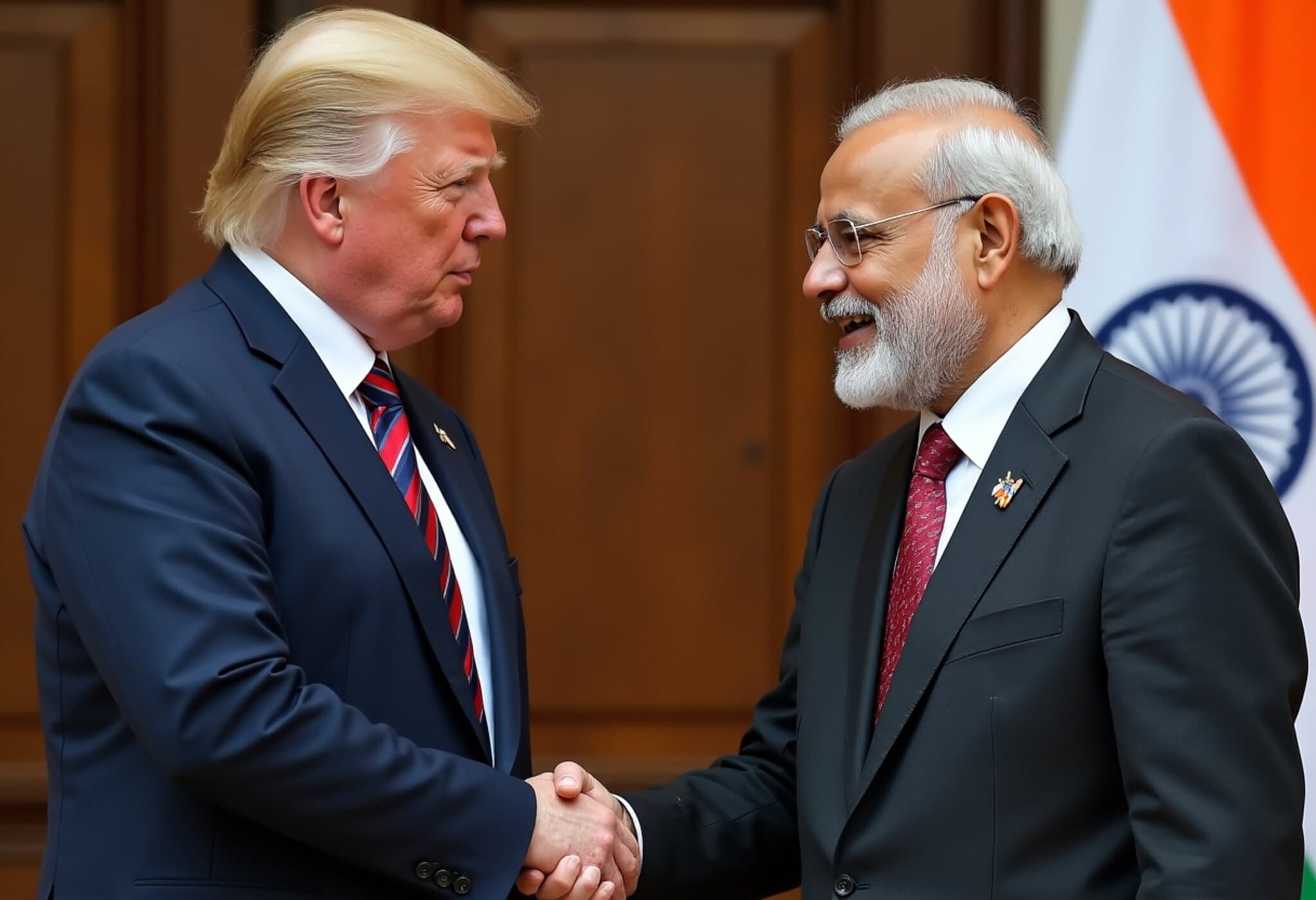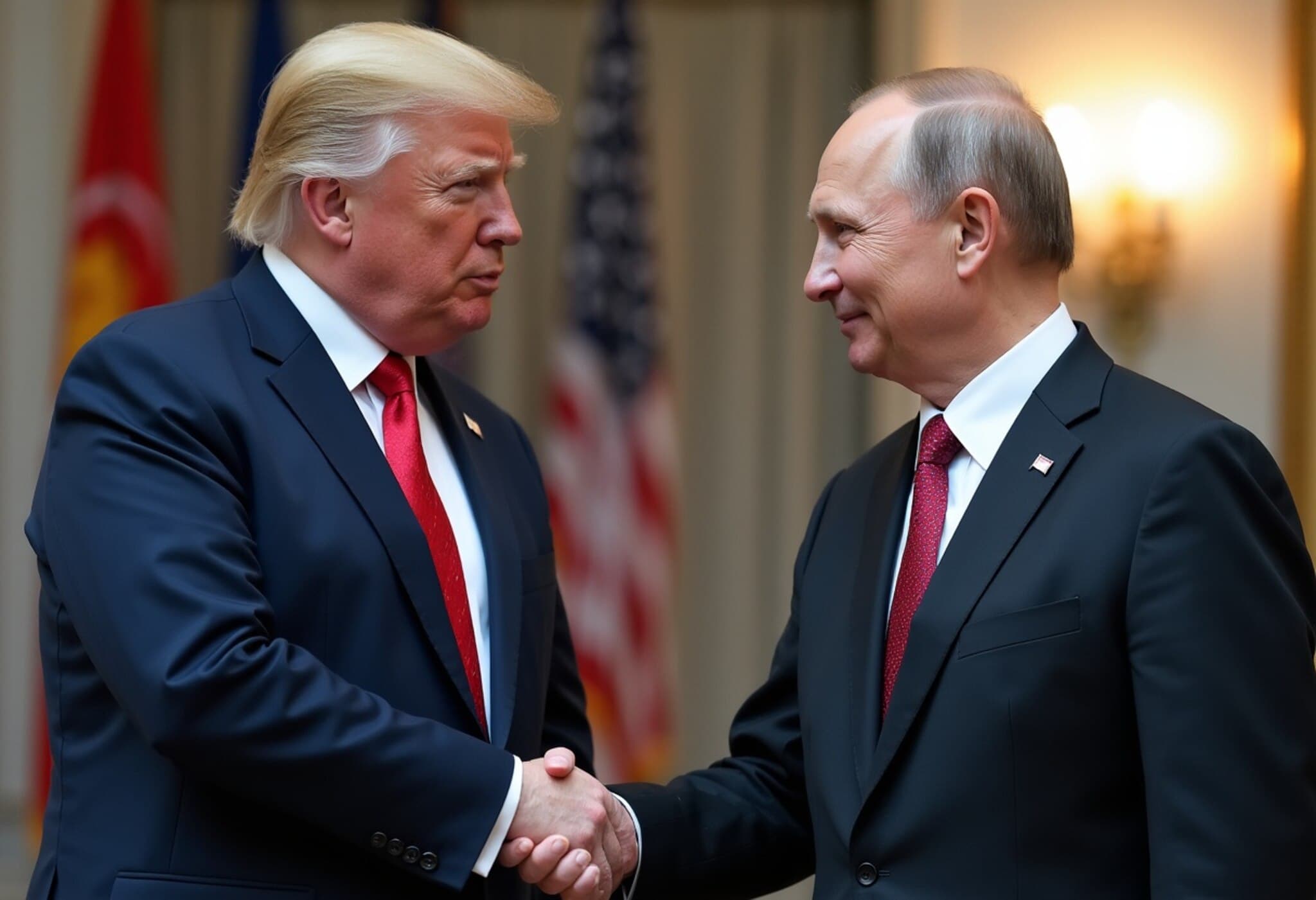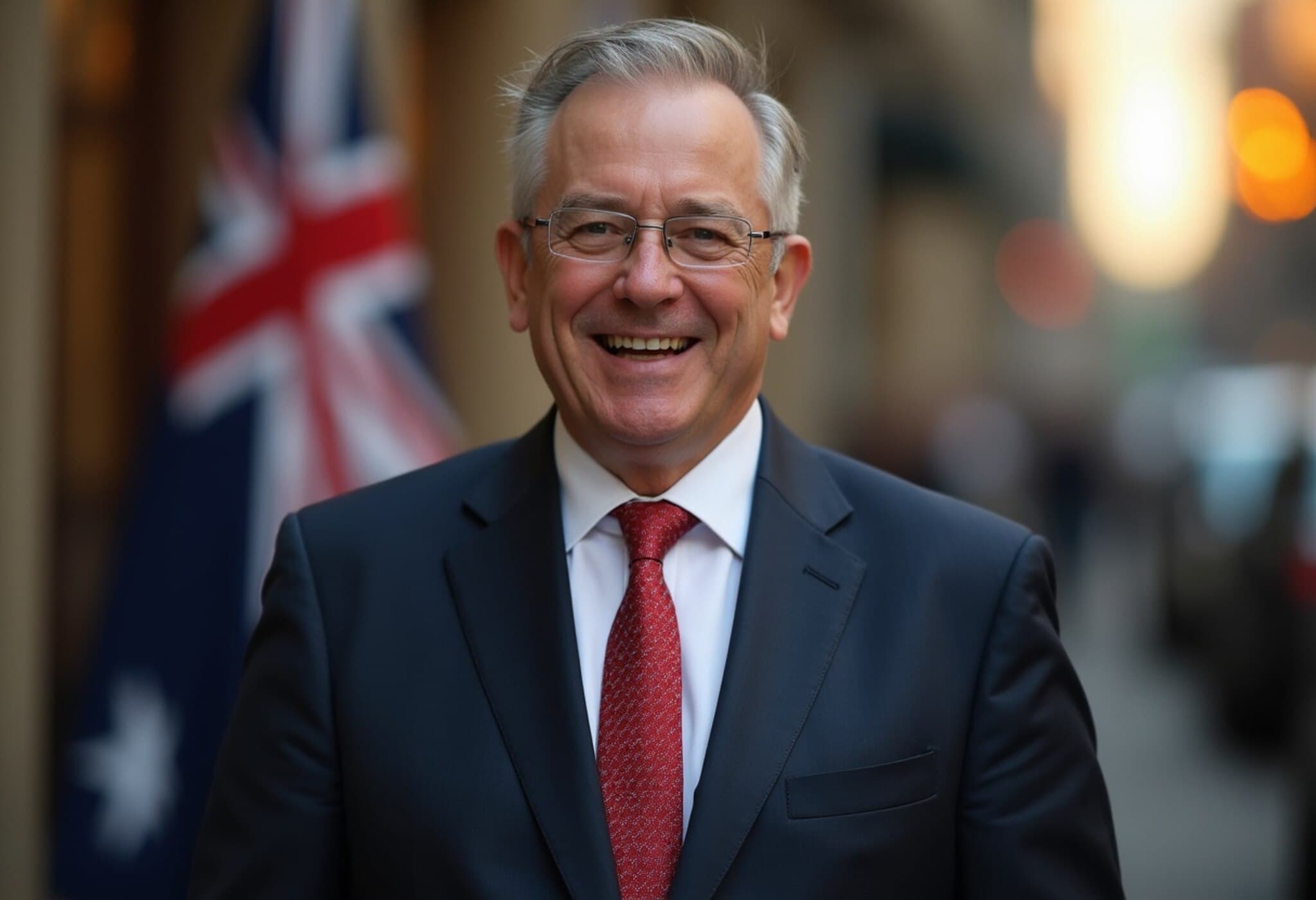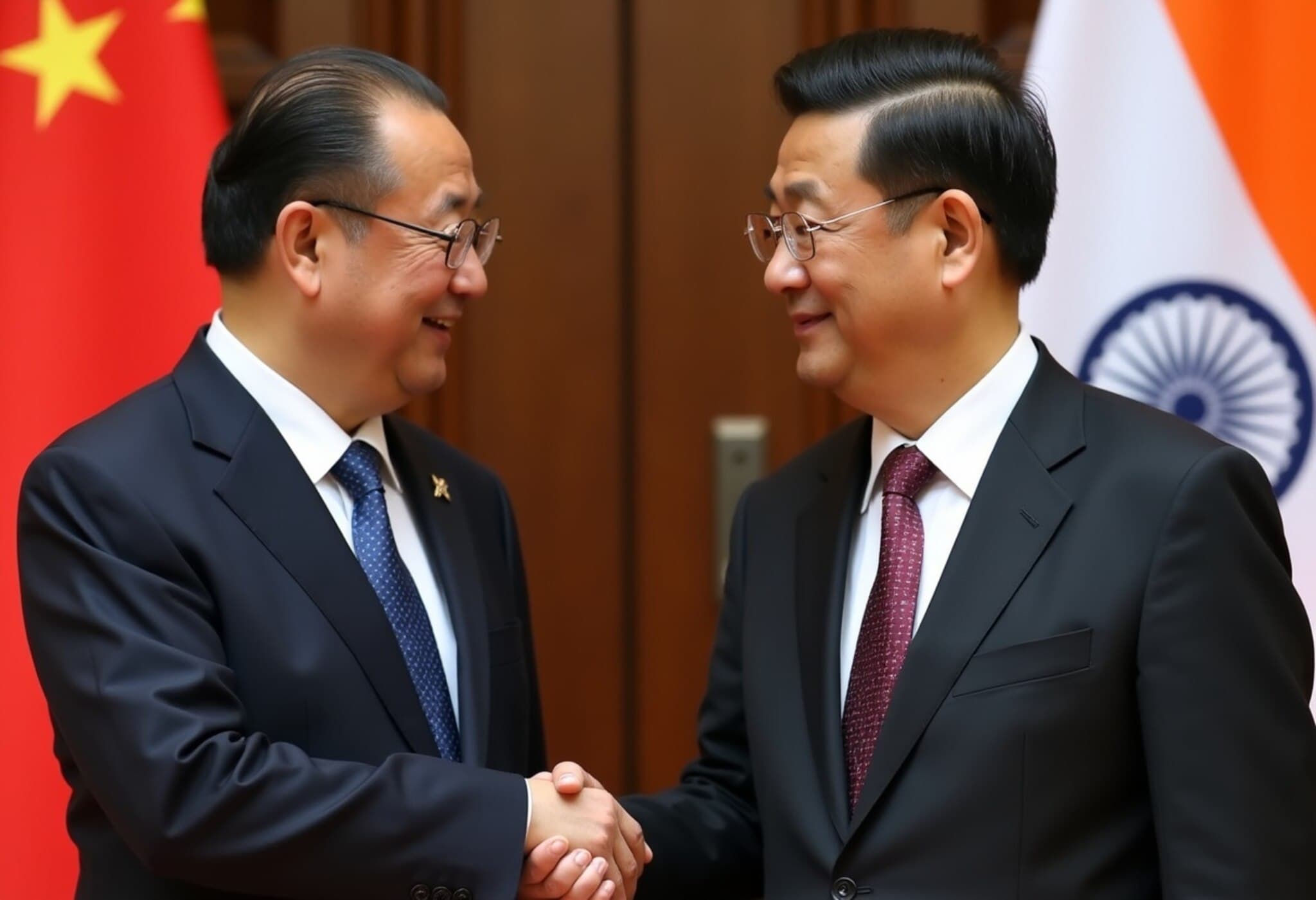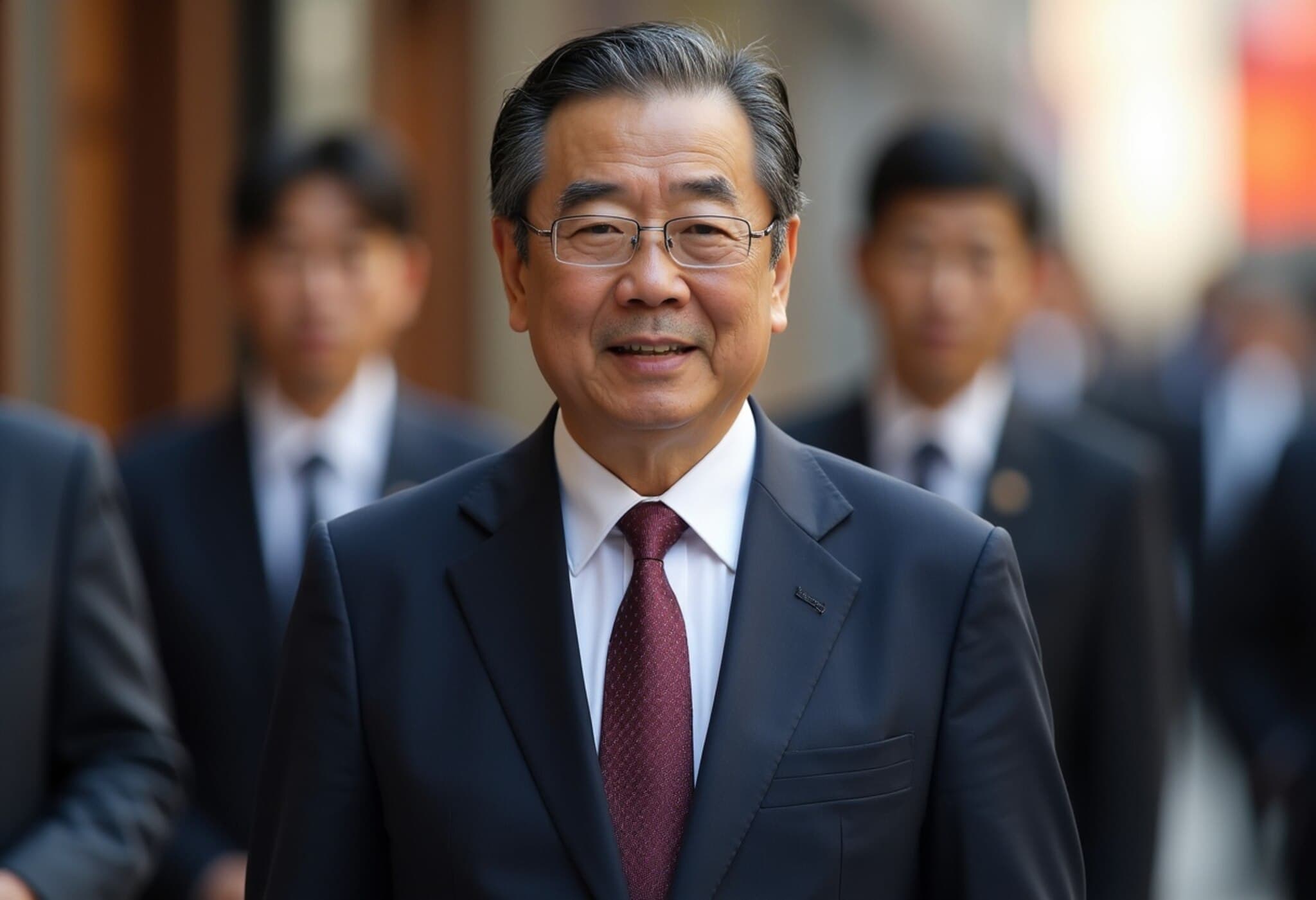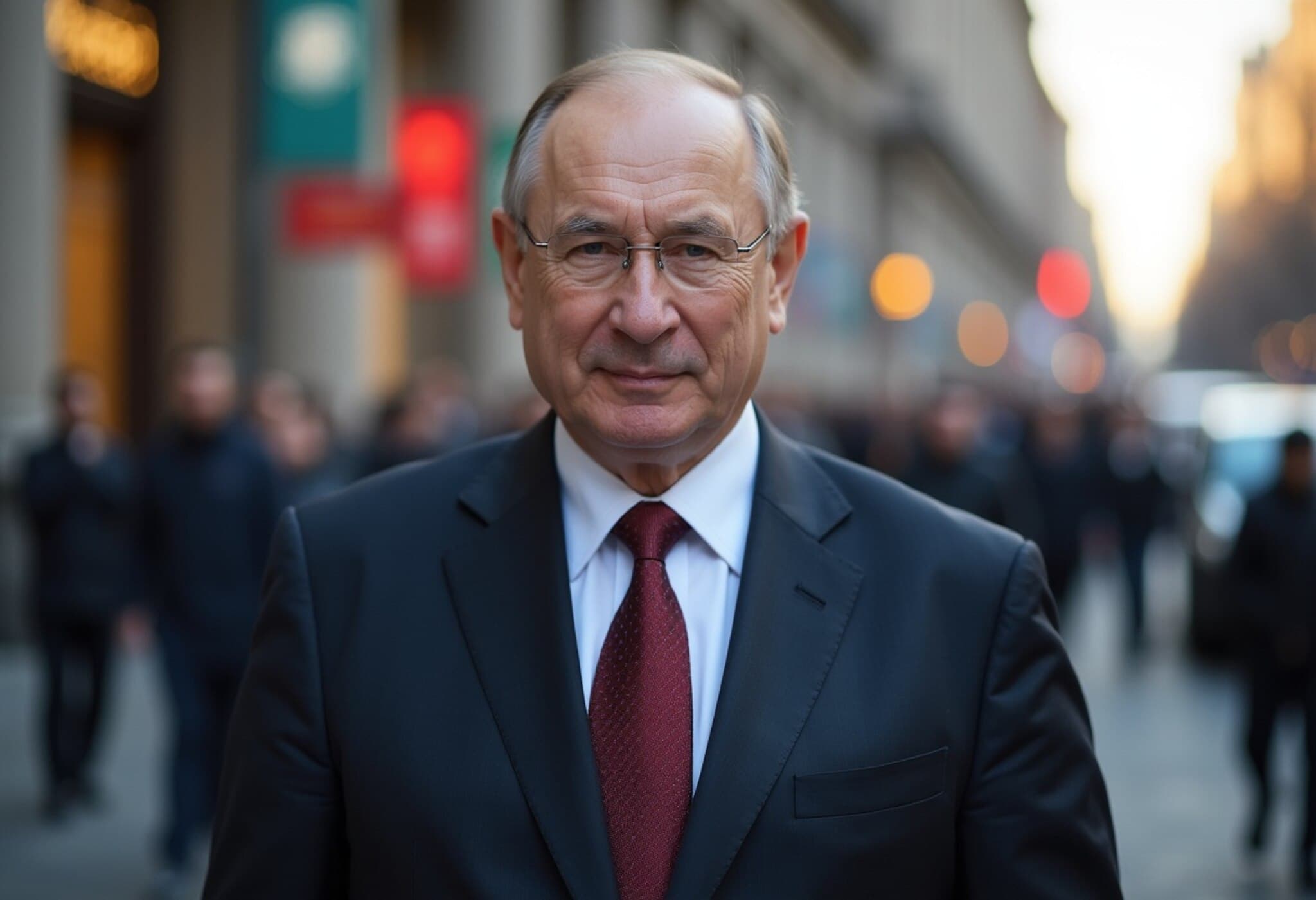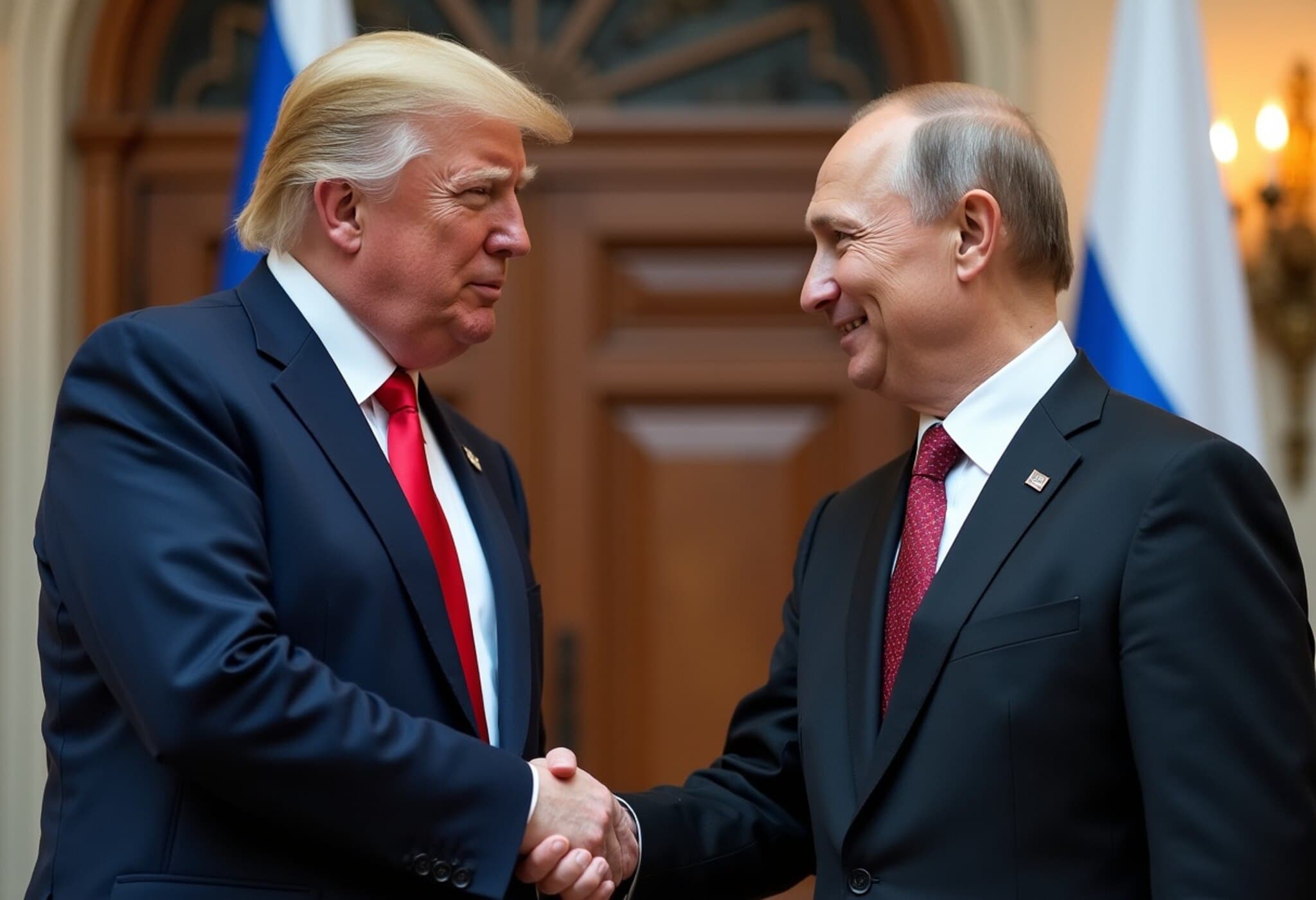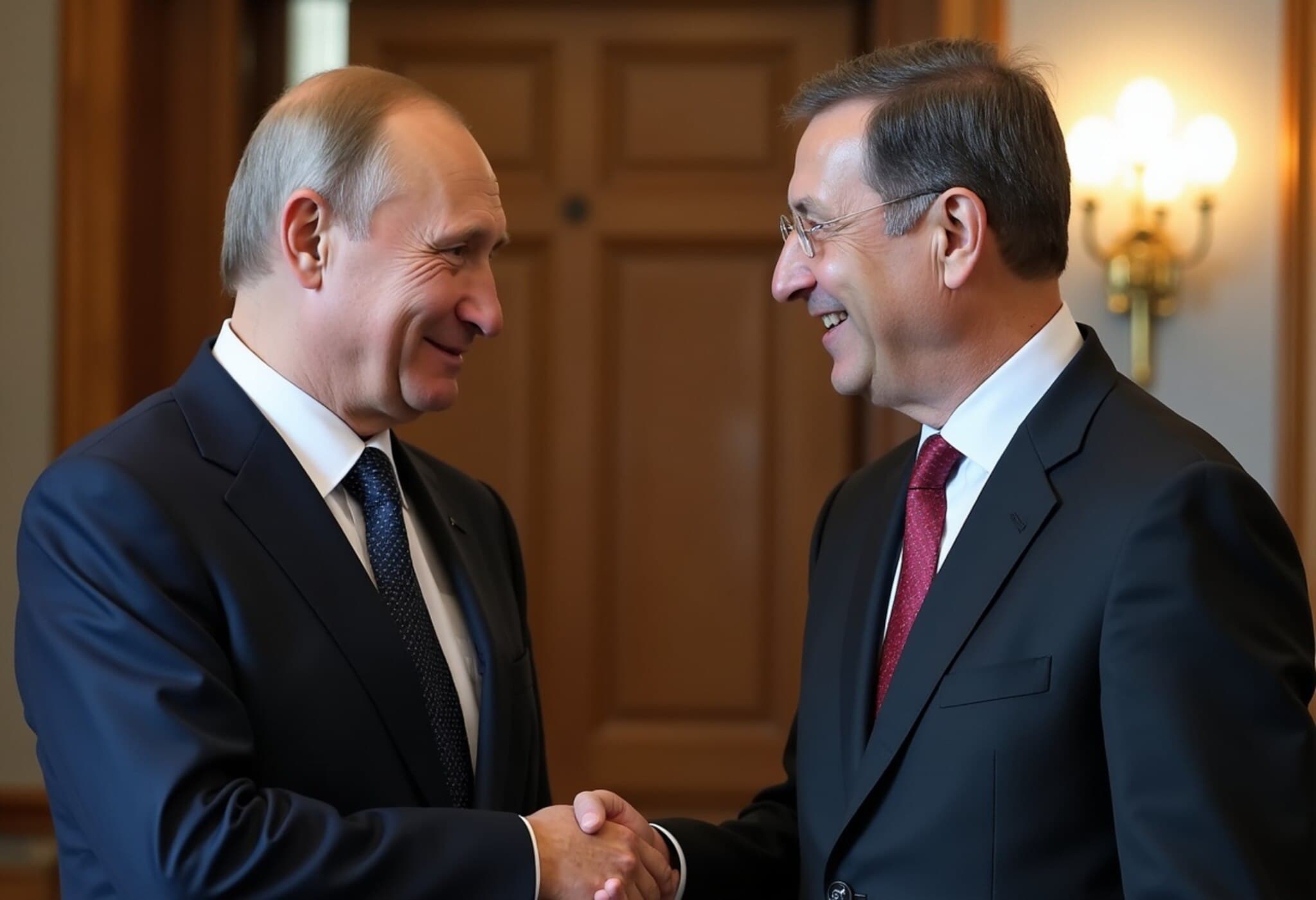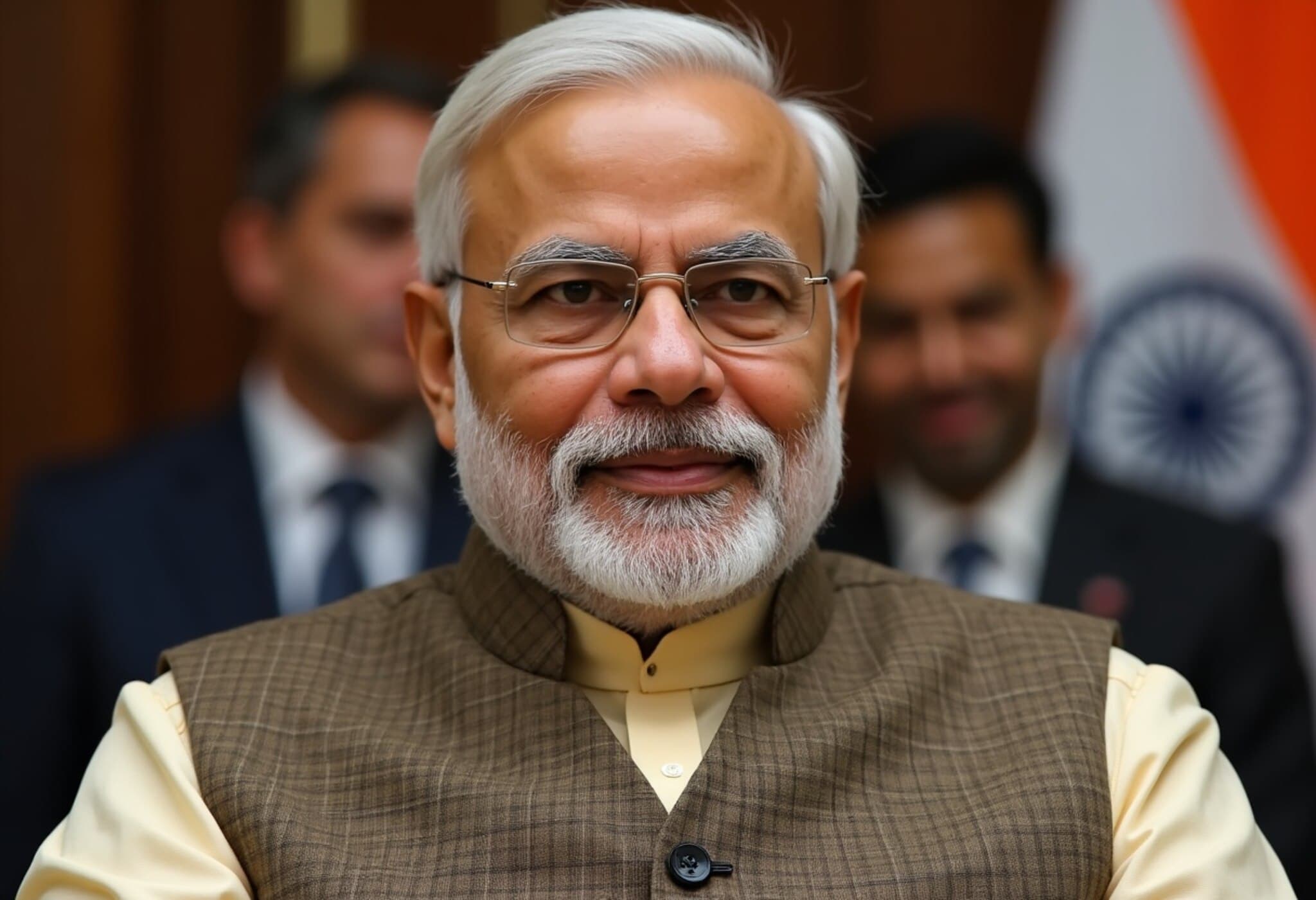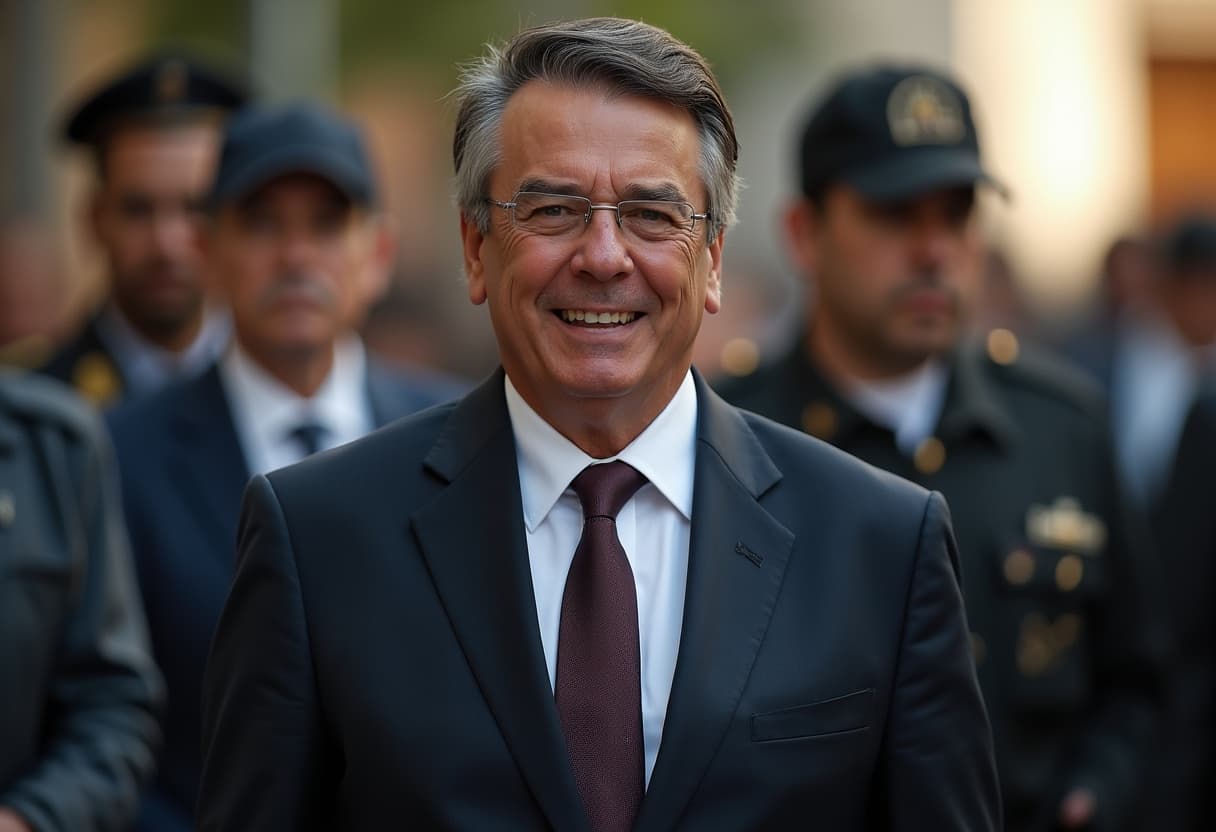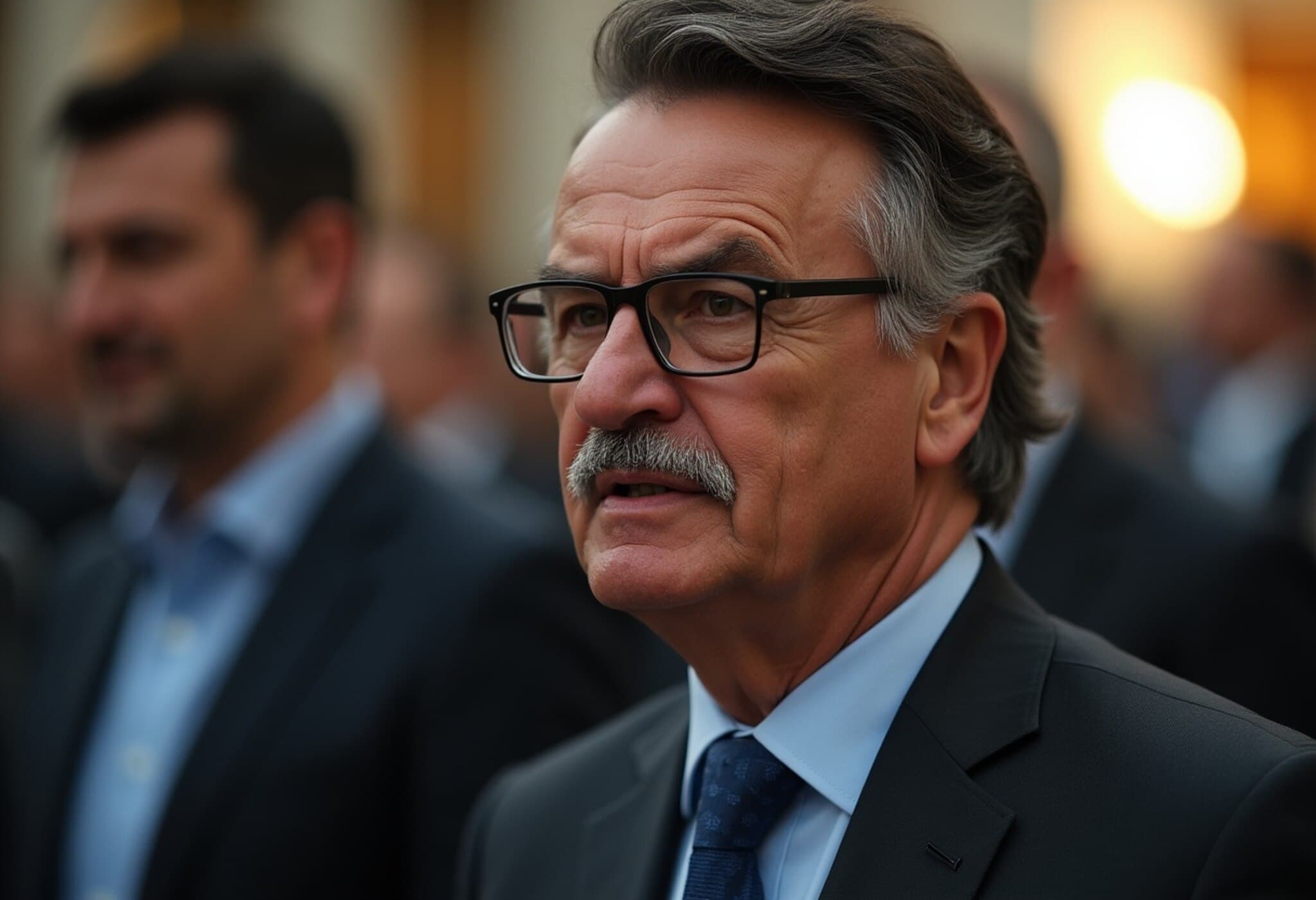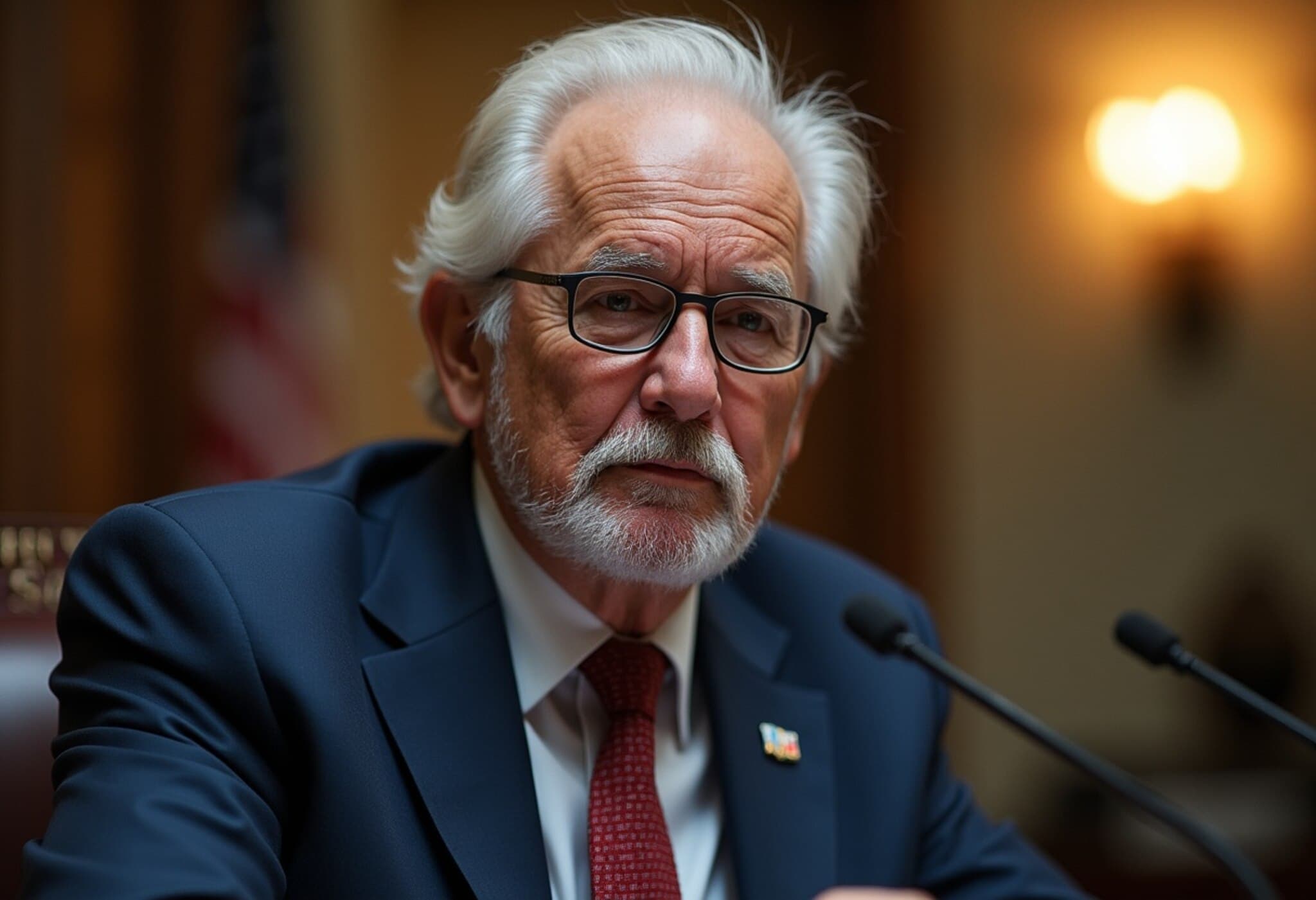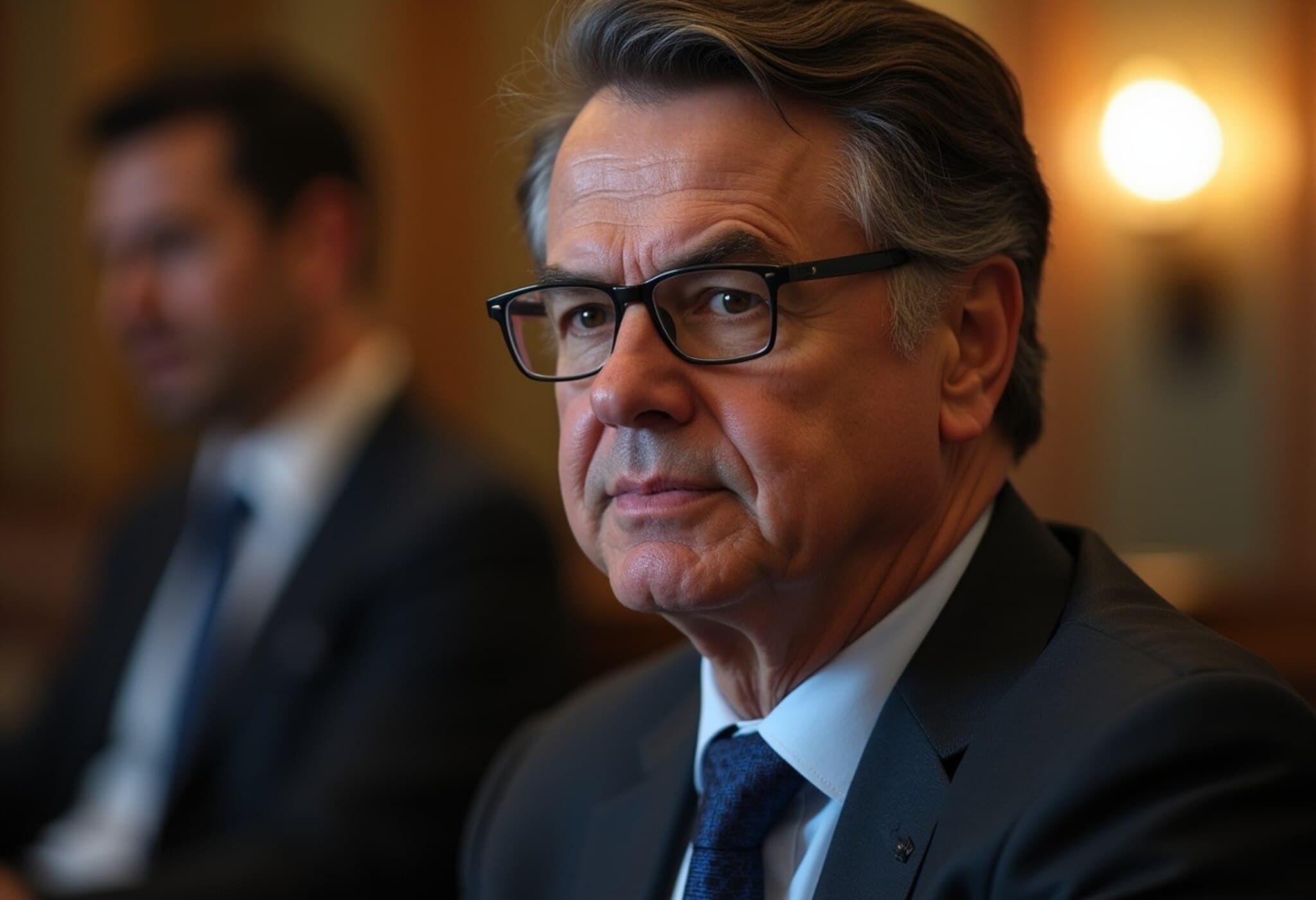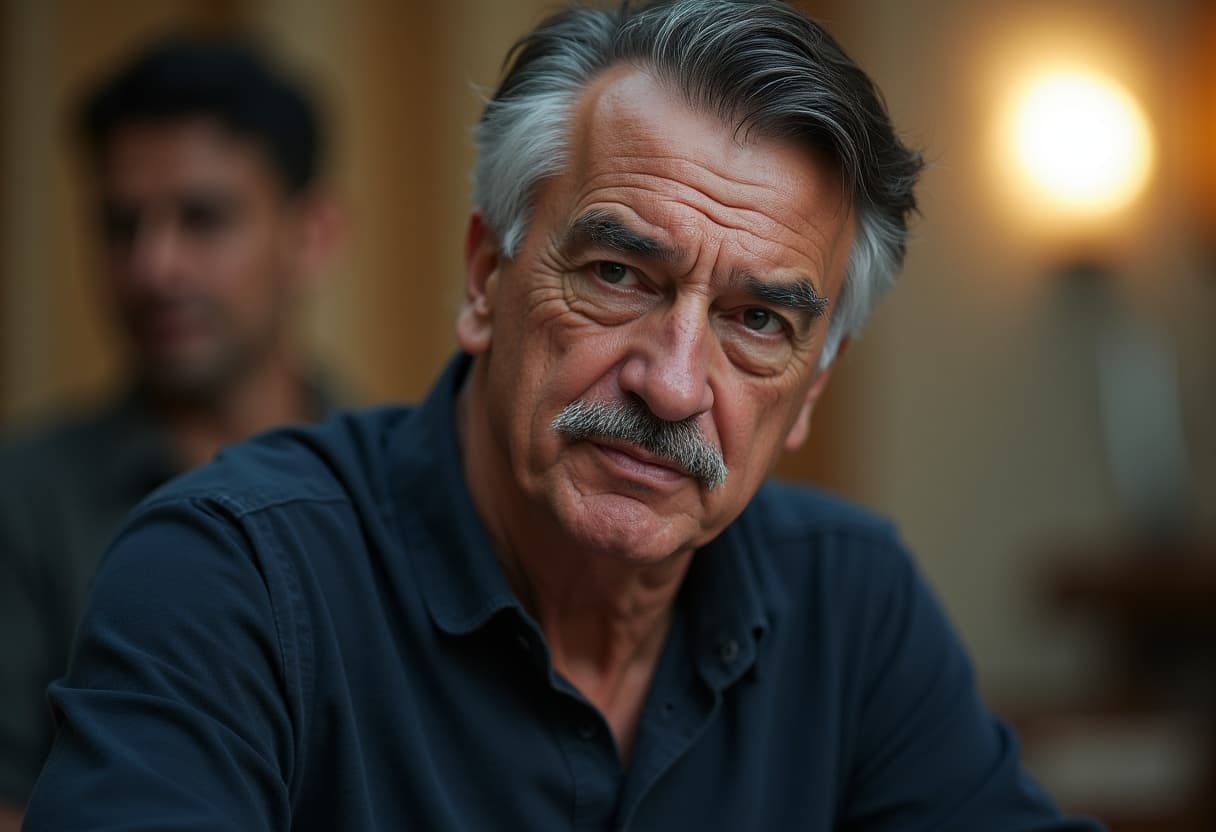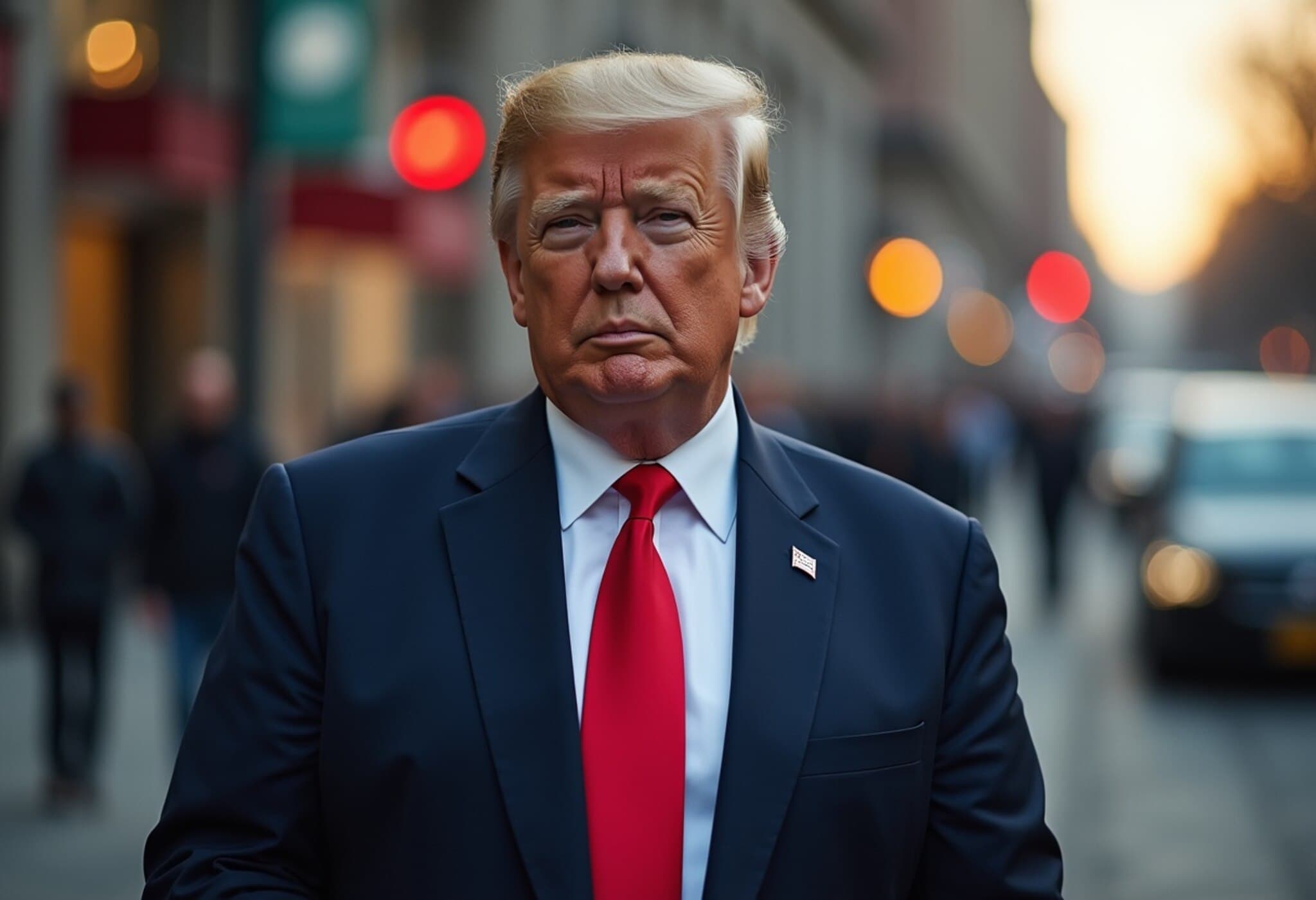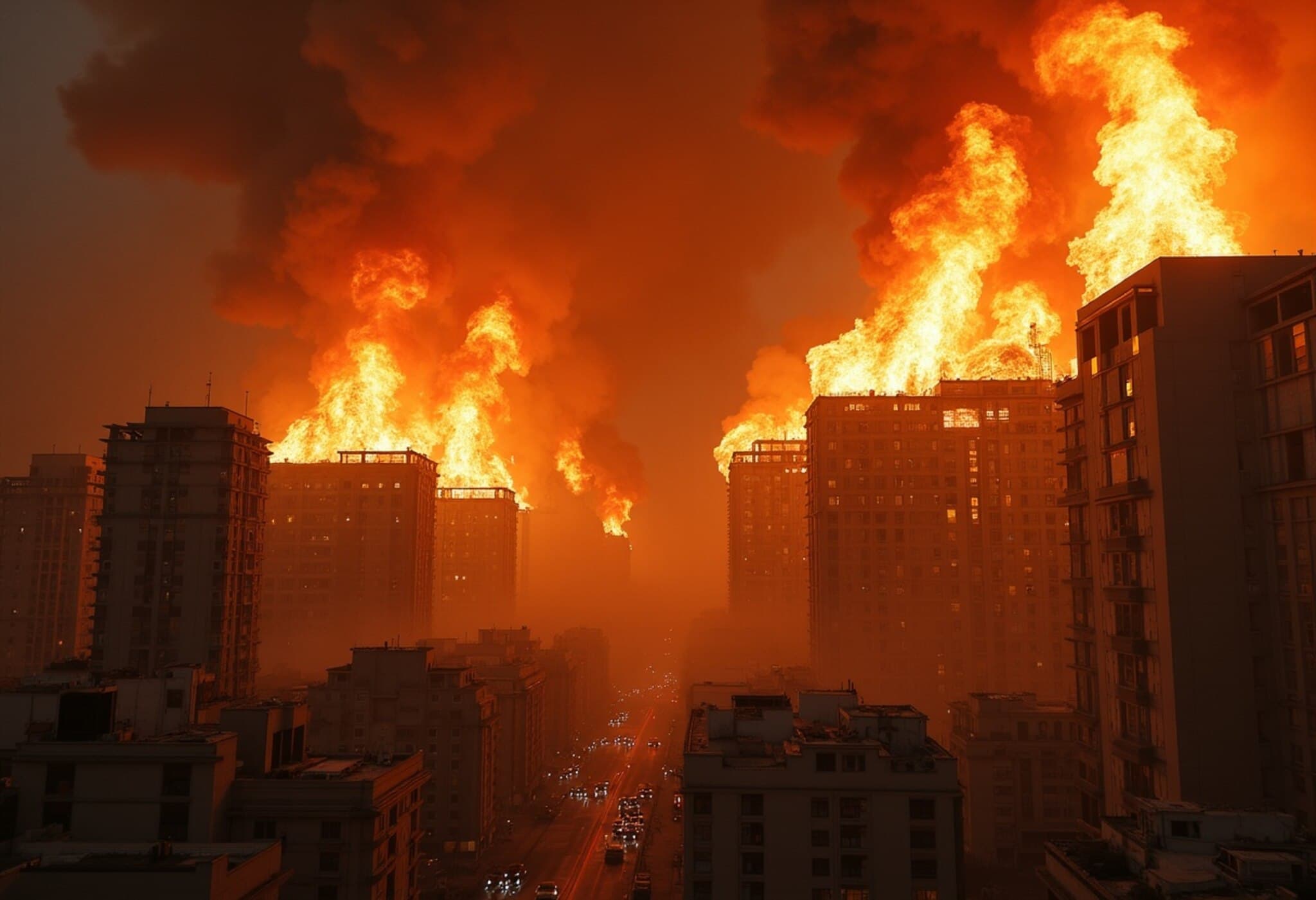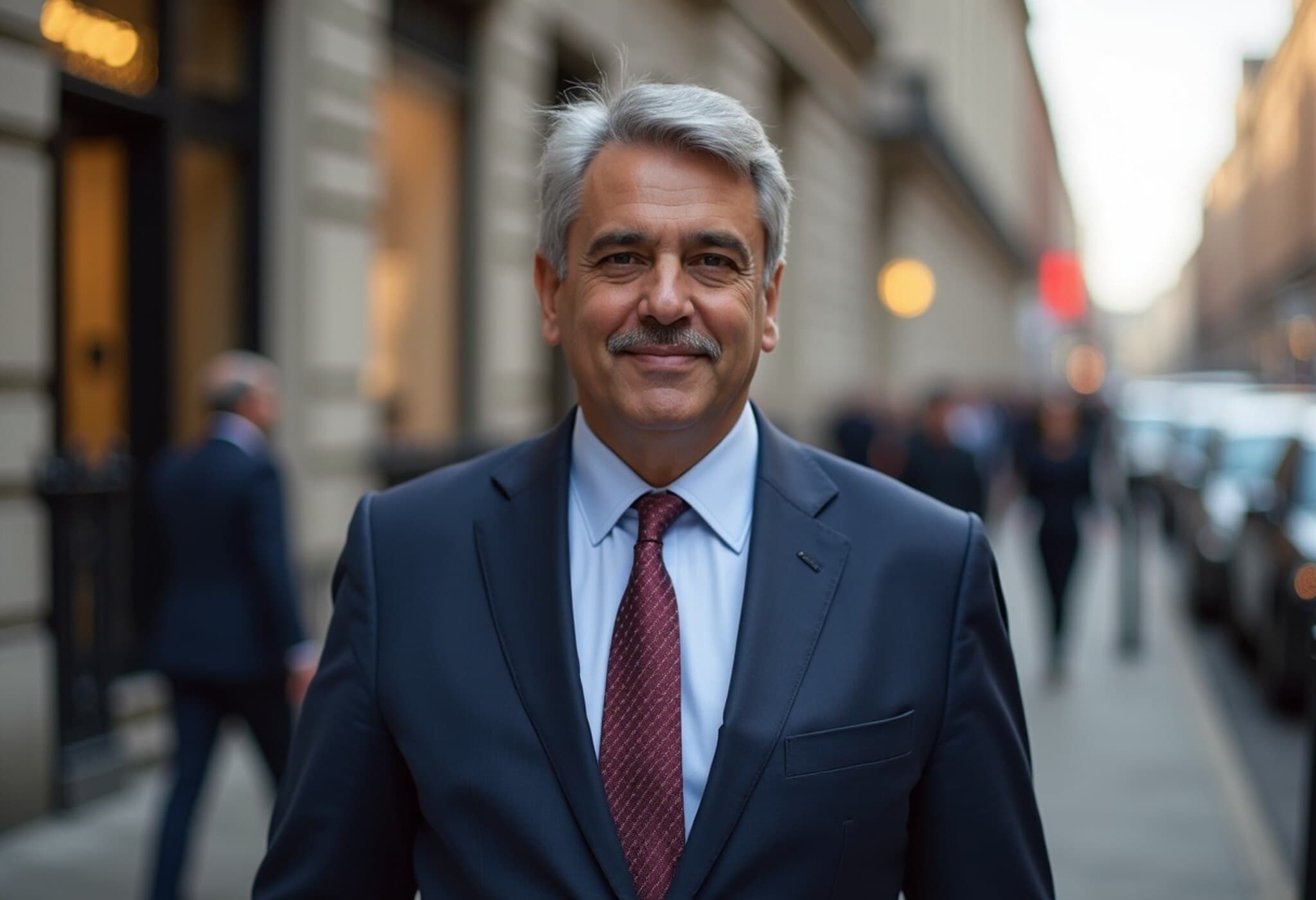PM Modi Receives Grand Ceremonial Welcome at Alvorada Palace in Brasilia
In a heartening display of diplomatic camaraderie, Prime Minister Narendra Modi was accorded an elaborate ceremonial reception at Brazil’s iconic Alvorada Palace on July 8, 2025. This reception marked a significant moment within his ongoing State Visit to Brazil, following the BRICS Summit. Brazilian President Luiz Inácio Lula da Silva personally welcomed PM Modi, underscoring the importance of the burgeoning strategic partnership between India and Brazil.
A Warm, Symbolic Reception Highlighting Deepening Ties
The atmosphere at the Alvorada Palace was charged with warmth and mutual respect as the two leaders shared an affectionate hug upon Modi’s arrival. In a display steeped in cultural symbolism, PM Modi was greeted with a unique 114-horse ceremonial escort, showcasing Brazil's rich traditions and honoring the visiting dignitary with grandeur befitting the significance of this diplomatic occasion.
Adding a vibrant cultural backdrop to the visit, the renowned Batala Mundo band – specialists in Afro-Brazilian percussion, especially the Samba-Reggae genre from Salvador da Bahia – welcomed PM Modi at Brasilia’s airport with an enchanting performance. This not only highlighted Brazil's diverse cultural heritage but also reinforced the spirit of cultural exchange that often underpins international diplomacy.
The Indian Diaspora’s Heartfelt Welcome
PM Modi’s visit garnered enthusiastic support from India’s diaspora in Brazil, who gathered at the airport waving the Indian Tricolour. Modi acknowledged the community’s passionate embrace, stating on social media: “The Indian community accorded a memorable welcome, highlighting how passionate our diaspora is and how connected they remain with their roots.”
Later, at his hotel, the Prime Minister engaged with diaspora members, including children performing cultural programs, reinforcing India’s connections with its global citizens.
Implications for India-Brazil Strategic Partnership
The forthcoming bilateral discussions between PM Modi and President Lula da Silva are poised to enhance collaboration across several critical sectors:
- Trade: Exploring avenues to expand bilateral commerce and investment opportunities.
- Defence: Strengthening defence cooperation to address shared security concerns.
- Energy: Collaborating on sustainable energy projects, including renewables.
- Space and Technology: Partnering in space exploration and advancing mutual tech innovation.
- Agriculture: Sharing best practices and technology to boost agricultural productivity.
- Health: Enhancing healthcare cooperation and pandemic preparedness.
- People-to-People Linkages: Promoting cultural exchange, education, and diaspora engagement.
Expert Perspective: Why This Matters
This visit holds considerable weight beyond ceremonial pomp. As two of the largest emerging economies and influential BRICS members, India and Brazil share converging interests in advocating for a multipolar global order. Their strengthened partnership can reshape geopolitical dynamics by bolstering South-South cooperation.
Moreover, fostering ties with Brazil provides India with strategic access to Latin America — a region rich in resources, innovation potential, and cultural diversity. For Brazil, India’s burgeoning market and technological prowess represent vital opportunities in an increasingly competitive global landscape.
Such diplomatic engagements also illuminate how cultural diplomacy — seen in traditional music, horse parades, and heartfelt diaspora involvement — plays a crucial role in building trust and enduring international relationships.
Looking Ahead
As Prime Minister Modi’s visit progresses, both nations stand poised to translate ceremonial goodwill into tangible policy actions, setting a blueprint for future cooperation that could influence not only regional but global economic and strategic contours.
Editor’s Note
This diplomatic welcome extends beyond protocol to signal a pivotal moment in India-Brazil relations. While celebrations spotlight cultural richness and historic ties, the pressing question remains: how will these symbolic gestures translate into concrete outcomes that address shared challenges like sustainable development, economic equity, and geopolitical stability? For policymakers and observers alike, the nuanced balance between ceremony and substantive progress will be critical to watch in the coming months.

